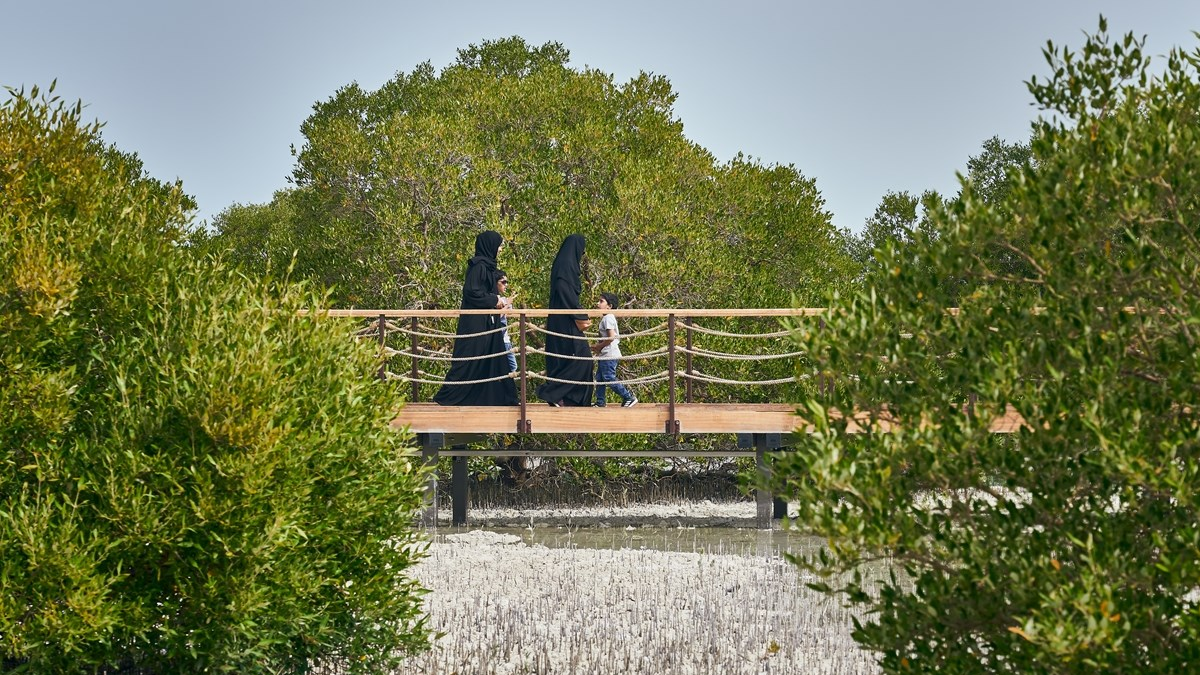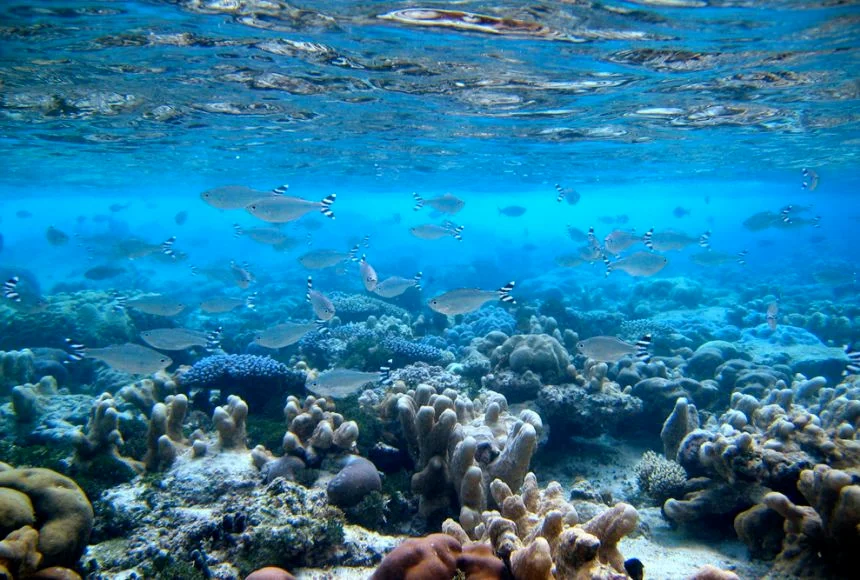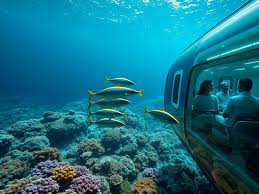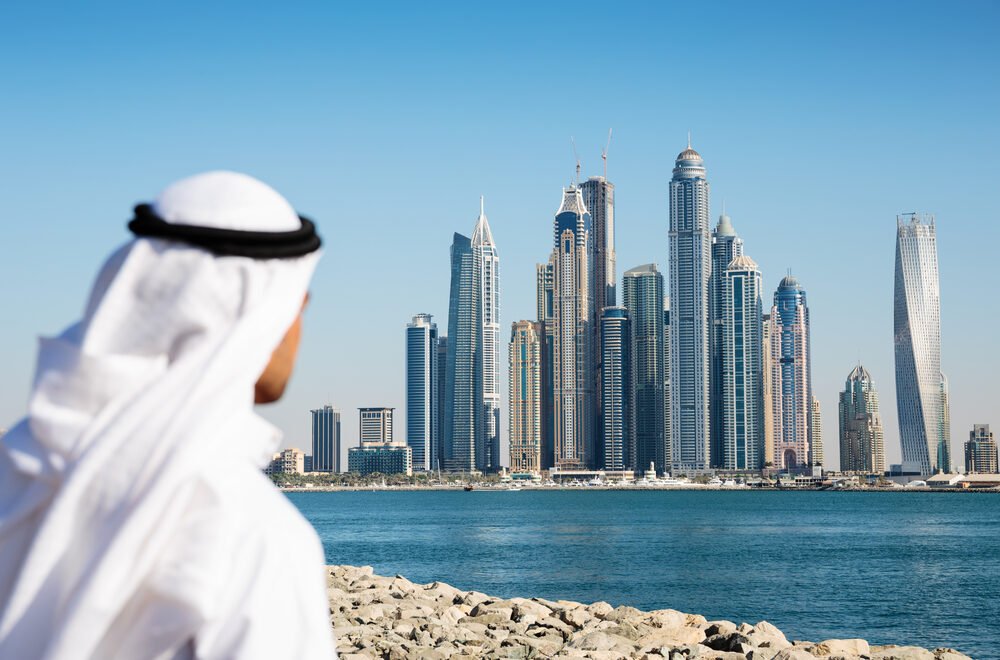Now Reading: How UAE Is Saving Its Marine Life: Shocking New Measures 2025!
-
01
How UAE Is Saving Its Marine Life: Shocking New Measures 2025!
How UAE Is Saving Its Marine Life: Shocking New Measures 2025!

Table of Contents
The United Arab Emirates (UAE) is famous not just for its deserts and skyscrapers but also for its beautiful marine world. From colourful coral reefs to the rare dugongs, the waters of the UAE are home to hundreds of sea creatures. But pollution, overfishing, and climate change are putting this underwater world at great risk.
To save its marine life, the UAE government, along with private organizations, has introduced new strong rules and awareness campaigns. These efforts aim to protect fish, corals, sea turtles, dolphins, and other ocean life while also making sure that future generations can enjoy the sea.
Why Is Marine Life Protection So Important for the UAE?

The UAE’s marine ecosystem plays a key role in the country’s environment and economy. The seas around the UAE are not only rich in biodiversity but also support tourism, fishing, and pearl diving—some of the oldest traditions in the region.
Over the years, pollution from plastic waste, oil spills, and coastal development has harmed these waters. Overfishing has also caused the number of some fish species to fall. In addition, rising ocean temperatures have led to coral bleaching, which kills the coral reefs that are home to many sea creatures.
Protecting marine life is now seen as essential for the health of the environment and for the well-being of the people who depend on the sea for food, income, and enjoyment.
UAE’s New Laws to Protect Sea Life
One of the biggest steps the UAE has taken is the creation of Marine Protected Areas (MPAs). These are zones in the sea where fishing, building, and other harmful activities are limited or banned. The UAE currently has more than 15 MPAs across Abu Dhabi, Dubai, and other emirates. These areas provide a safe home for fish, turtles, dolphins, and other marine animals to breed and grow.
In 2024, the UAE Ministry of Climate Change and Environment (MOCCAE) announced tougher laws against illegal fishing. This includes banning the catching of endangered species such as the Arabian leopard shark and the green sea turtle. Fishermen are also required to follow rules on the size and number of fish they can catch.
There are also strict penalties for polluting the sea. Companies and ships that dump waste or chemicals into the water face heavy fines. The UAE has also launched programs to clean up beaches and the sea to remove plastic waste that harms fish and birds.
Saving Coral Reefs: The ‘Gardens of the Sea’

Coral reefs are among the most valuable parts of the marine ecosystem. In the UAE, reefs are found mainly off the coast of Abu Dhabi and Fujairah. However, these reefs are under threat from climate change and pollution.
To protect them, the UAE has started coral farming projects. These farms grow new corals in safe tanks and then plant them in damaged reef areas. This helps the reefs to recover faster. The country also uses smart technology, such as underwater robots, to check the health of reefs and study sea creatures without harming them.
One of the biggest successes is the Fujairah Coral Reef Project, which has planted over 9,000 coral colonies so far. Divers, scientists, and volunteers work together to make this happen.
Protecting Endangered Sea Animals
Several rare and endangered sea animals live in UAE waters. Dugongs, also called sea cows, are gentle herbivores that feed on seagrass. The UAE has one of the largest dugong populations in the world. Special areas have been made to protect their habitats from boats and fishing nets.
Sea turtles are also protected, especially during their nesting season. Beaches where turtles lay eggs are closed to visitors, and wildlife teams watch over the nests to make sure the baby turtles safely reach the sea.
Whale sharks, dolphins, and some rare fish species are tracked using satellite tags to learn about their movements and needs. This information helps the government make better plans to protect them.
Raising Awareness Among People
The UAE knows that laws alone are not enough to save marine life. People need to understand and care about the sea as well. This is why many education programs and campaigns have been launched.
Schools now teach children about the importance of marine life. Public events like beach clean-ups are held regularly, where anyone can help remove plastic and trash from the shore. These events not only clean the beach but also show people how pollution harms sea creatures.
Even tourists are being educated. Hotels, resorts, and dive centers tell visitors how to enjoy the sea without damaging coral reefs or disturbing wildlife.
Social media plays a big part, too. Popular influencers and environmental groups share videos and posts about the beauty of UAE’s sea life and why it must be protected.
Global Partnerships for a Bigger Impact
The UAE is not working alone. It has teamed up with international groups like the United Nations Environment Programme (UNEP) and the World Wildlife Fund (WWF). These partnerships bring in global experts, technology, and money to help protect the ocean more effectively.
In 2023, the UAE also hosted the COP28 Climate Conference, where marine protection was discussed as a part of global climate action. Leaders from around the world agreed that oceans must be saved to fight climate change.
A Future Full of Hope
Thanks to these efforts, there is hope for the UAE’s marine life. Fish populations in protected areas are starting to grow again. Coral reefs are slowly recovering. Sea turtles and dugongs are being seen more often.
But experts warn that these efforts must continue and grow. Climate change and pollution are still big dangers. Everyone—governments, businesses, and people—must work together to protect the sea for the future.
As the UAE continues its journey towards sustainability, its marine life protection plans are a great example for the world. They show that with the right action, it is possible to save the beauty and richness of the ocean.
Read More:- Hundreds of Sea Turtles Saved in UAE’s Largest Rescue Mission 2025




















